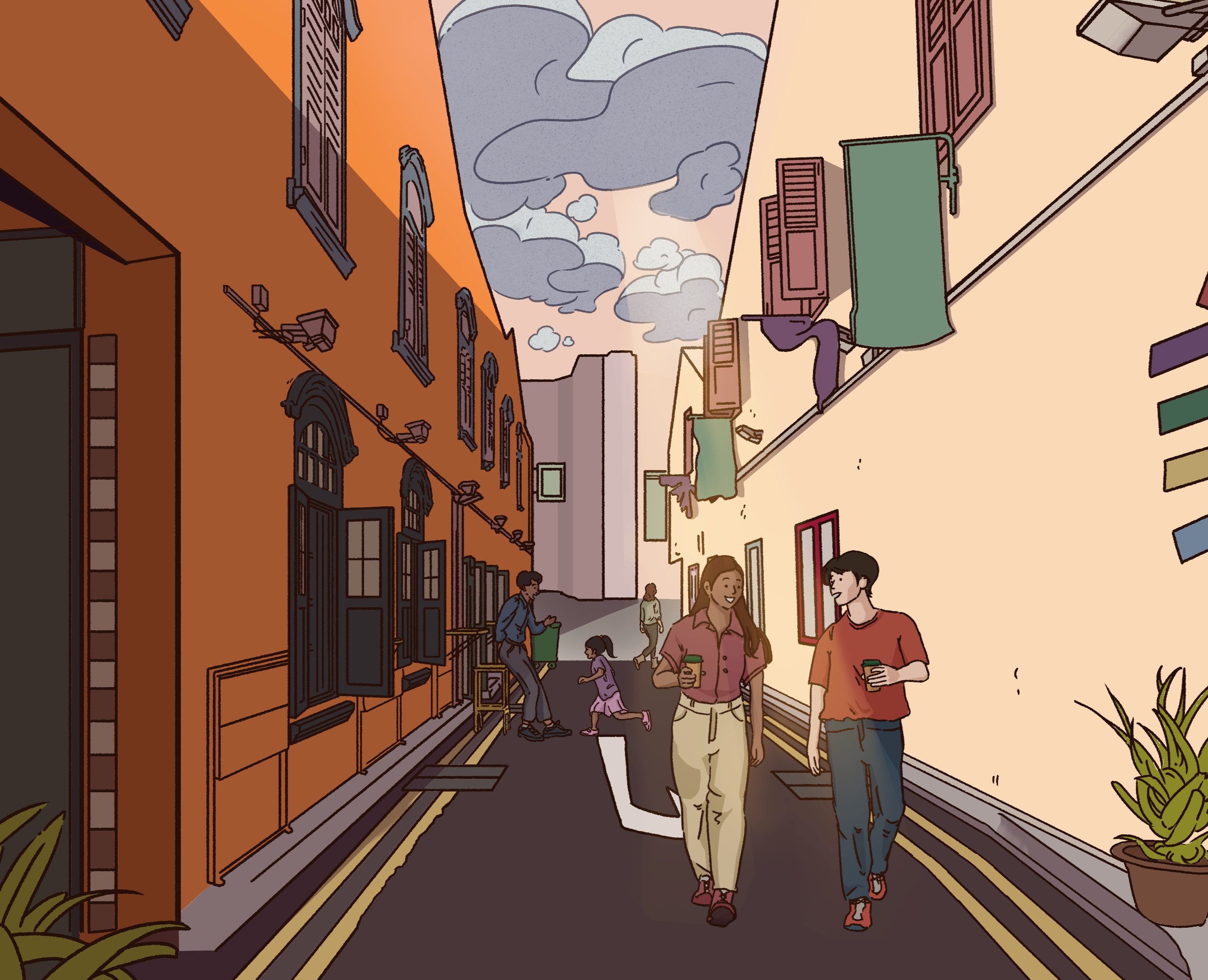
Welcome! You'll find a variety of resources here.
We have curated a collection of wellness resources from our trusted partners to support you in your wellbeing journey.
What Is Depression?
It is normal to experience sadness or loneliness at times; these are natural reactions to life’s challenges. However, when feelings of hopelessness and despair become persistent and overwhelming, it may indicate clinical depression. This condition significantly disrupts daily functioning, affecting work, relationships, and overall quality of life.If you’re struggling with persistent low mood, loss of interest in activities, changes in appetite or sleep, or thoughts of self-harm and/or suicide, it’s important to seek help. Early intervention and professional treatment are crucial for managing depression and preventing further complications.
Symptoms of Depression
Feelings of helplessness and hopelessness: A pervasive sense that nothing will get better and that you have no control over your situation:
Loss of interest in daily activities: No longer finding joy or pleasure in previously enjoyed hobbies, social interactions, or even basic self-care.
Appetite or weight changes: Significant fluctuations in weight, whether it’s unintended weight loss or gain.
Sleep disturbances: Insomnia, difficulty falling asleep, or oversleeping.
Anger or irritability: Increased agitation, restlessness, or a shortened temper.
Loss of energy and fatigue: Feeling physically and mentally drained, even with minimal exertion.
Self-loathing and guilt: Harsh self-criticism and feelings of worthlessness.
Reckless behaviour: Engaging in risky or self-destructive behaviours as a means of escape.
Concentration problems: Difficulty focusing, making decisions, or remembering things.
Unexplained physical symptoms: Increased headaches, stomach-aches, muscle pain, or other physical complaints without a clear medical cause.
The Different Types of Depression
Major Depressive Disorder (MDD): A severe form of depression characterised by persistent sadness, loss of interest, changes in daily functioning and other significant symptoms (see above) lasting for at least two weeks.
Persistent Depressive Disorder (Dysthymia): A chronic, low-grade form of depression that lasts for at least two years, although symptoms may be less intense than in MDD.
Postpartum Depression: A type of depression that affects women after childbirth, often involving feelings of sadness, anxiety, and difficulty bonding with the baby.
Treating Depression
Effective treatment of depression typically includes a combination of medication, talk therapy and lifestyle modifications.
Medication
Antidepressants: Common classes of antidepressants can help balance chemicals in the brain that affect mood.
Mood Stabilizers and Antipsychotics: These are sometimes used in combination with antidepressants for treatment-resistant depression.
Therapy
Cognitive Behavioural Therapy (CBT): This involves identifying and changing negative thought patterns and behaviours. It is one of the most researched forms of therapy for depression.
Mindfulness-Based Cognitive Therapy (MBCT): MBCT combines traditional cognitive therapy with mindfulness practices, helping individuals become more aware of their thoughts and feelings without judgement.
Acceptance and Commitment Therapy (ACT): encourages individuals to accept their feelings and thoughts rather than fighting against them. It promotes commitment to personal values and taking action toward meaningful goals.
Lifestyle Modifications
Embrace Movement: Engaging in regular physical activity, even something as simple as a daily walk, can boost mood and reduce depression symptoms. Start small and gradually increase your activity level as you feel comfortable.
Connect with Others: Isolation often worsens depression. Try to reach out to loved ones, friends, or support groups. Sharing your feelings with a trusted listener can provide immense relief and combat feelings of loneliness.
Nourish Your Body: Opt for a balanced diet rich in fruits, vegetables, and whole grains. Limit processed foods, sugary drinks, and excessive caffeine or alcohol, as these can negatively impact your mood. Consider incorporating foods rich in omega-3 fatty acids, like fatty fish or nuts, which may have mood-boosting properties.
Seek Professional Guidance: Remember, you don’t have to face depression alone. At Promises Healthcare, our compassionate team of mental health experts provides you with the support and tools you need to overcome depression and build a fulfilling life.
Other Treatments
Transcranial Magnetic Stimulation (TMS): A non-invasive procedure that uses magnetic fields to stimulate nerve cells in the brain, it is used for treatment-resistant depression.
Esketamine treatment: Esketamine is a FDA-approved anaesthetic that is delivered intranasally (i.e., via a nasal spray) for severe depression, particularly in cases that have not responded well to traditional antidepressants and therapies.
Credit: Promises Healthcare
Adapted from source: Link

